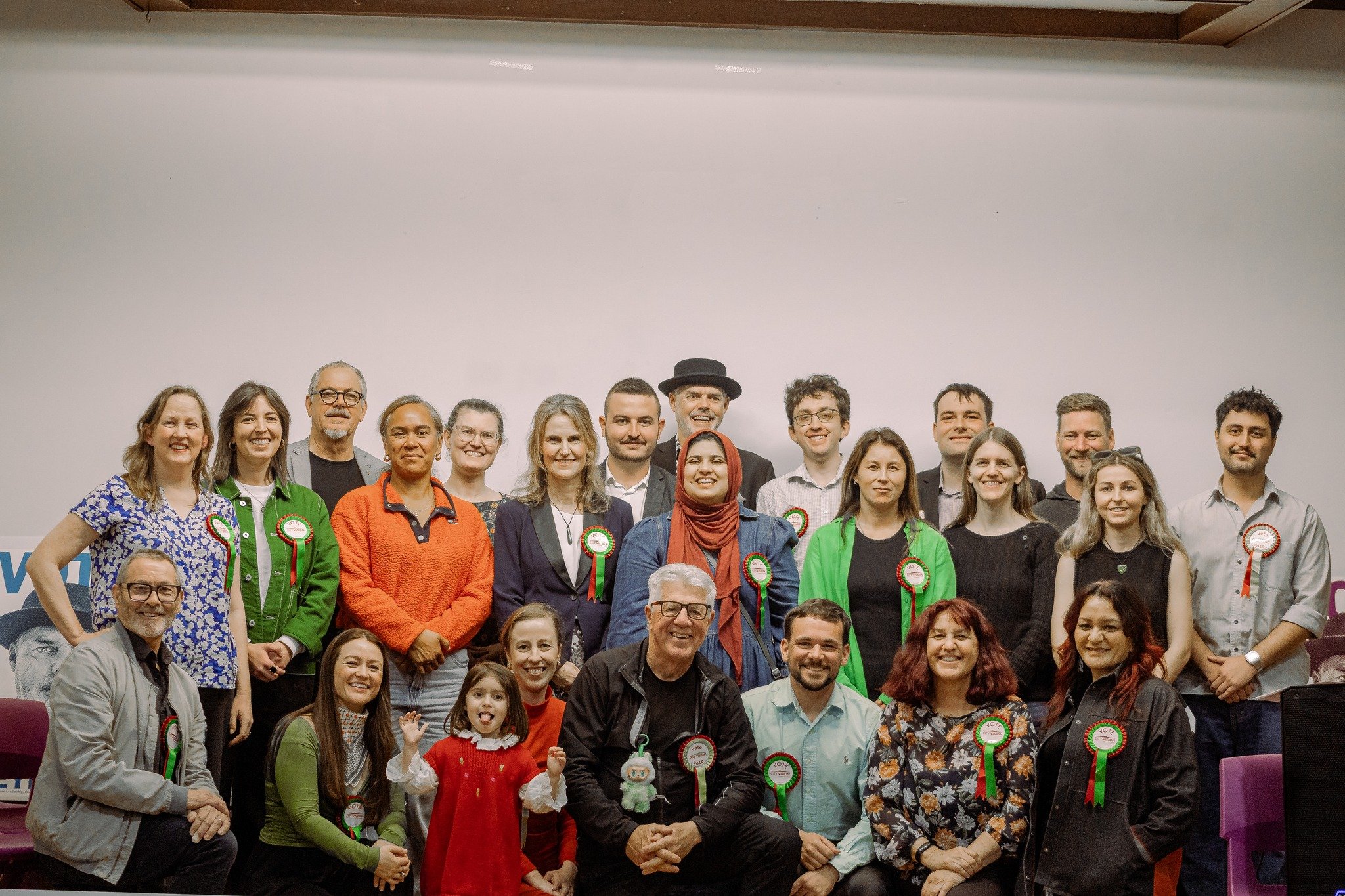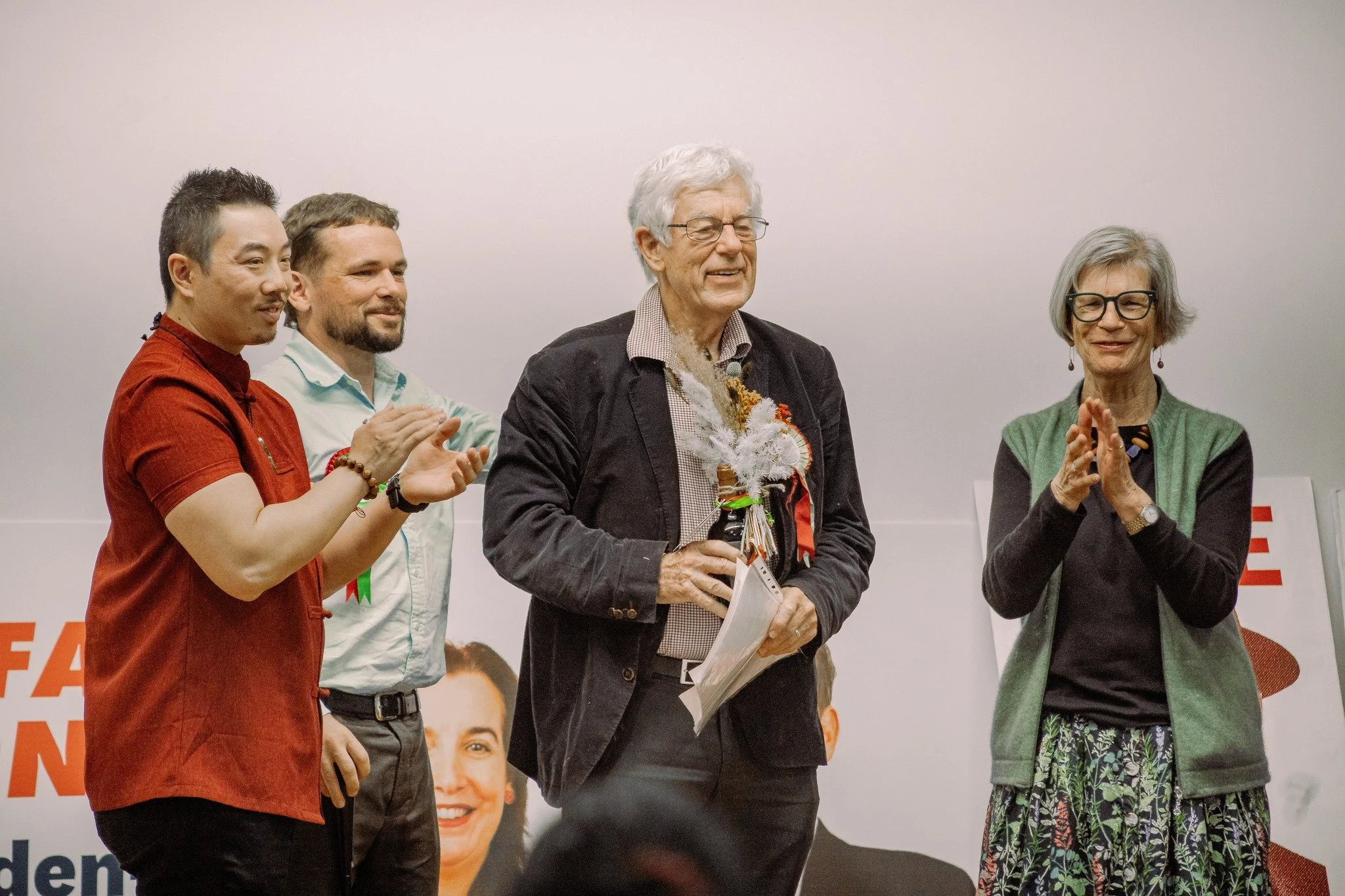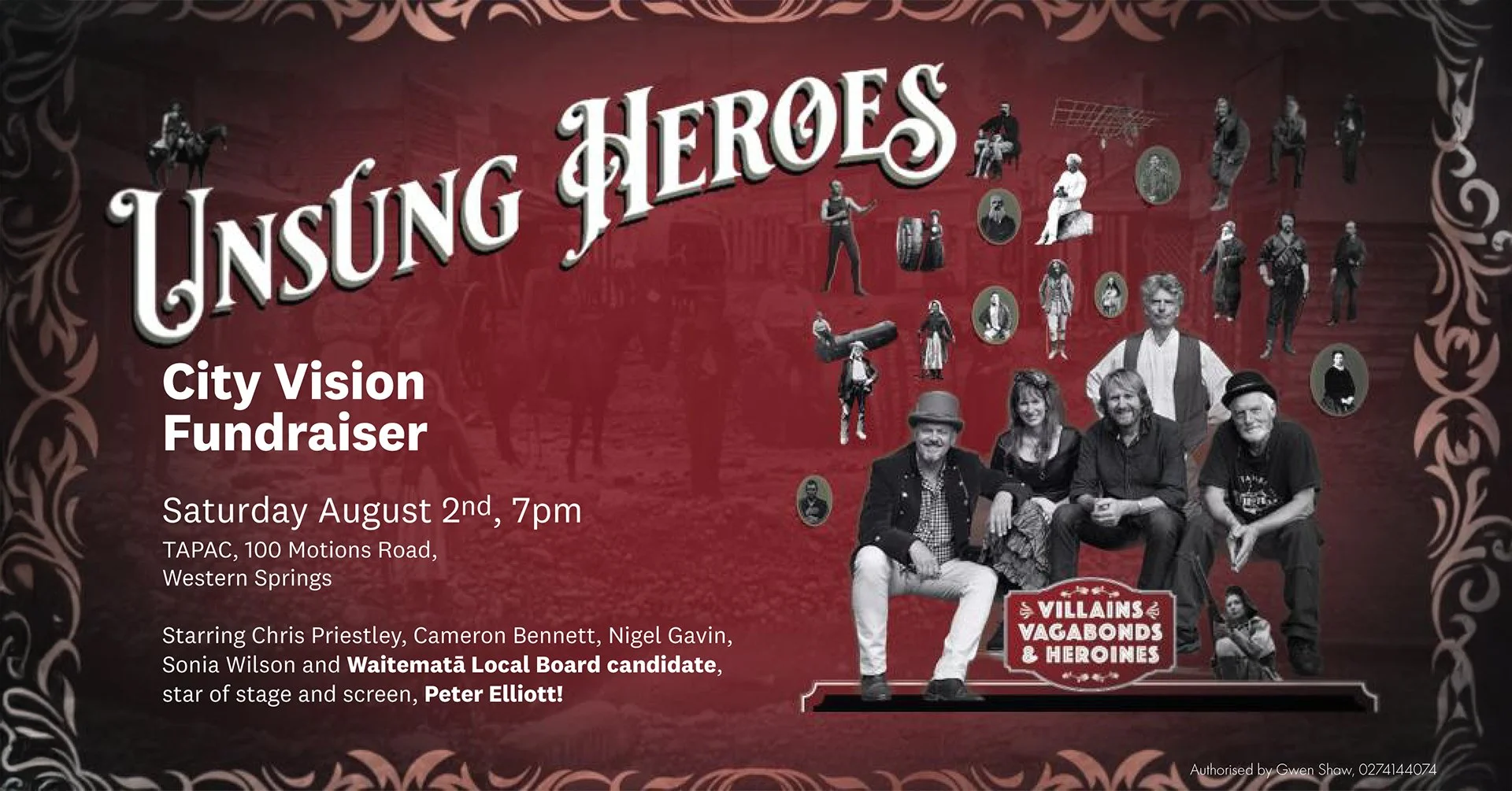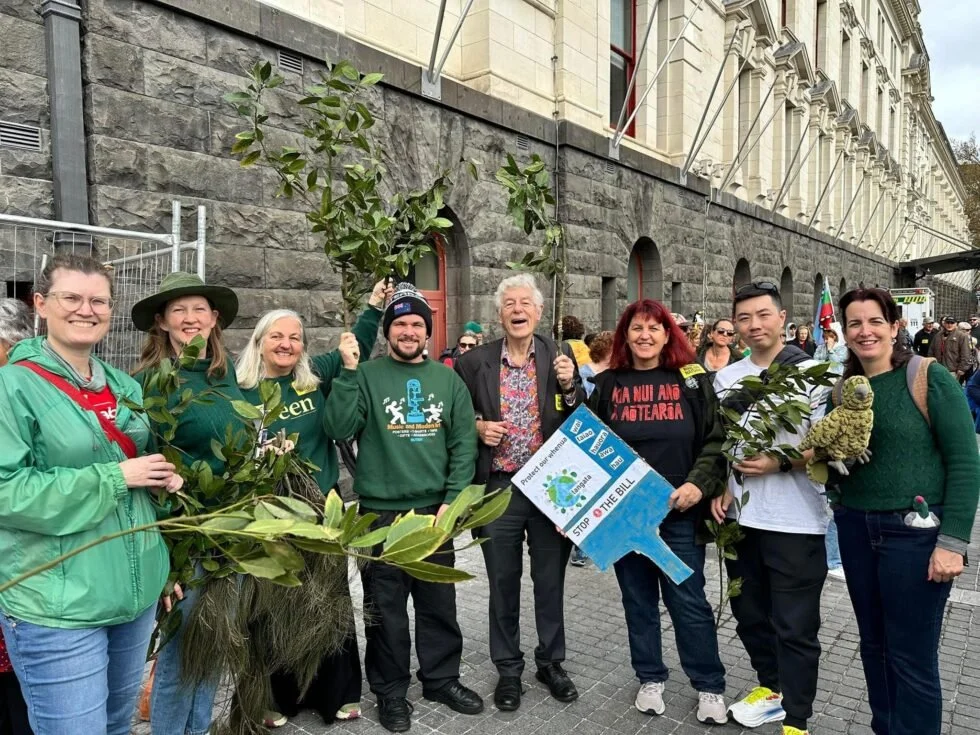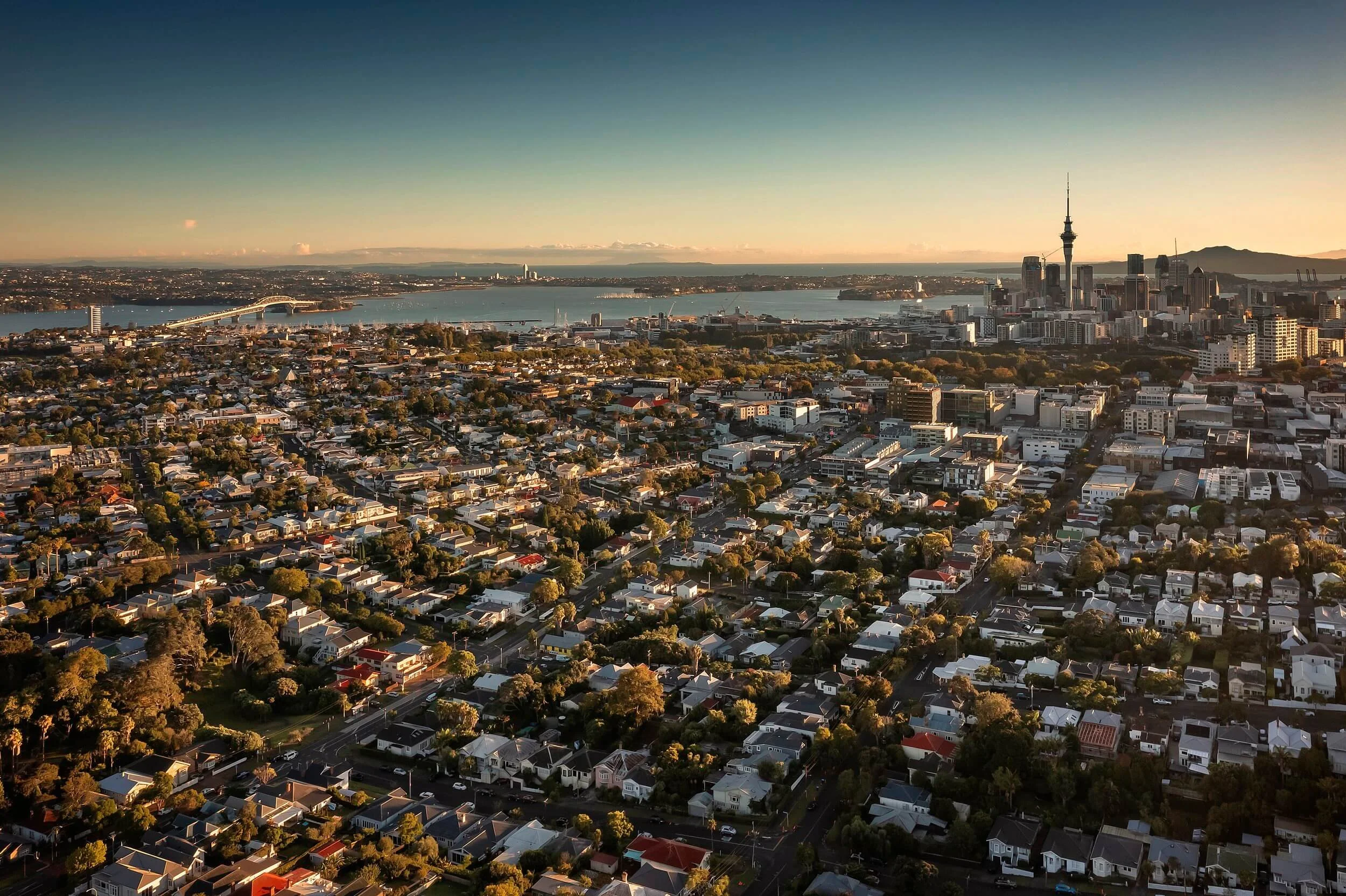
vote city vision
We’re building a thriving, liveable, and inclusive auckland
City Vision has an established record of working for the communities in Auckland and we pledge to continue as an effective community voice for our region.
We’ve achieved results, combining a progressive vision with careful planning and responsible financial management. We’re the only team to commit to public ownership of strategic assets, investment in transport options to get Auckland moving, building more affordable housing and climate action. Our policy and principles are clear and our track record is proven. We make a difference by planning for the future fairly and cost-effectively so as Auckland grows we can enjoy our libraries, parks, pools, improved water and a greener city. We care about the well-being of our communities.
We focus on Albert-Eden, Puketāpapa and Waitematā and the Gulf Islands working with other like-minded groups and individuals across the region to build an Auckland that is thriving, liveable and inclusive.
our vision for Tāmaki Makaurau auckland
City Vision is committed to Te Tiriti o Waitangi and to work with mana whenua and mataawaka across our decision making.
-

Climate action towards a zero carbon future
Lower carbon emissions and help for communities to adapt to the effects of climate changeHealthy land and water with increased biodiversity and a greener city
Build the infrastructure we need for Auckland’s future and reduce emissions through transport options, climate resilient housing and urban form
-

Strong local democracy
Democratic decision-making by every arm of CouncilA strong voice for Auckland, with localised powers and increased resourcing
Communities are listened to and Local Boards make local decisions
-
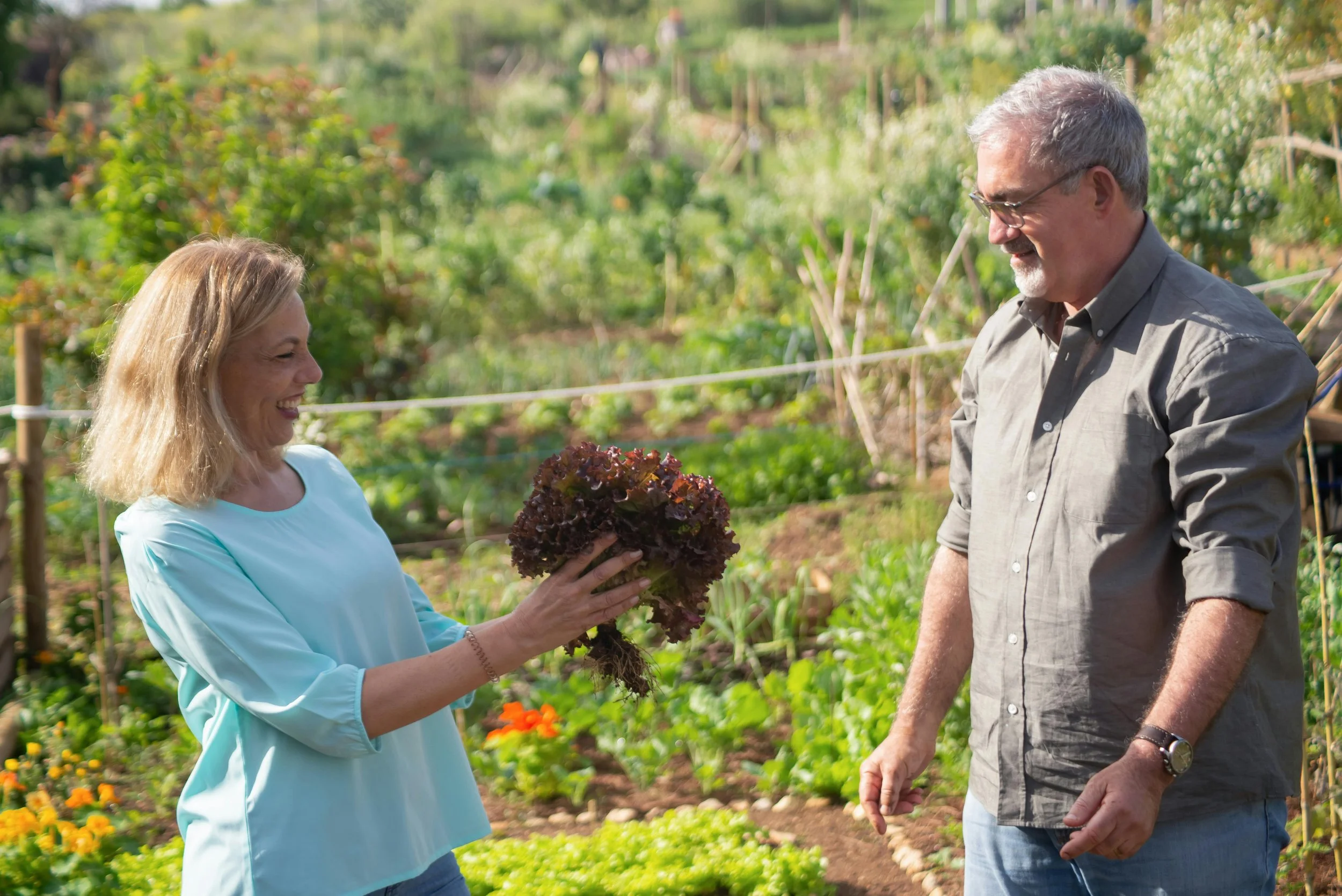
Resilient healthy communities
Equitable access to arts, libraries, events, parks, sport and recreation across AucklandBack community -led and locally based approaches to make places better, safer and stronger
Affordable, healthy, secure homes, close to shops and services
-

A fair and prosperous region
Rates and charges are fair for all AucklandersA thriving economy that delivers equity, prosperity and wellbeing for all
We are responsible guardians of Auckland’s public accounts and the region’s assets, including through public ownership of strategic assets
latest news
Keep up to date with how we are building a thriving, liveable, inclusive Auckland.


